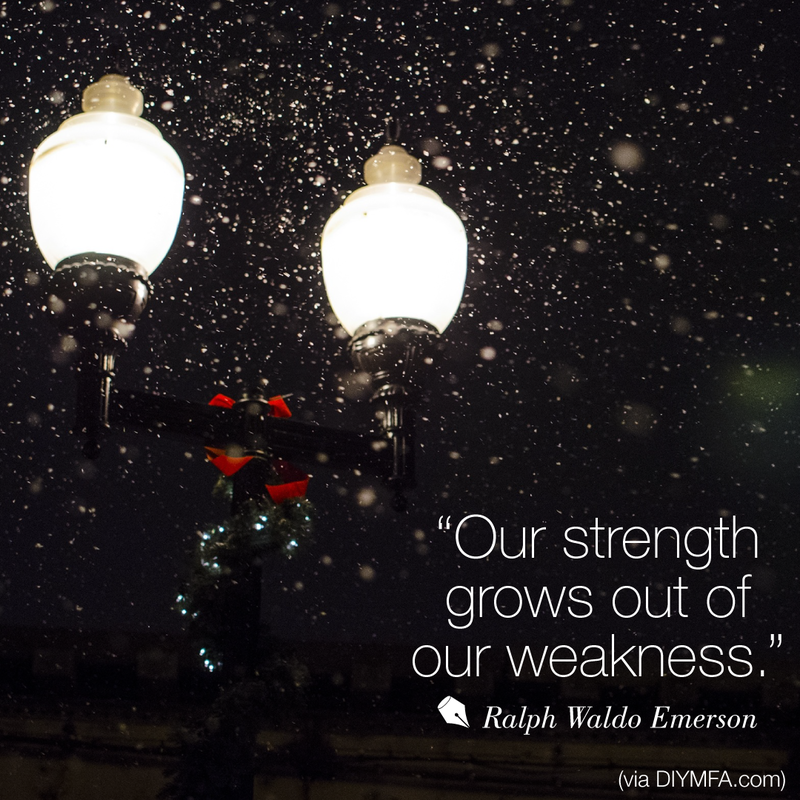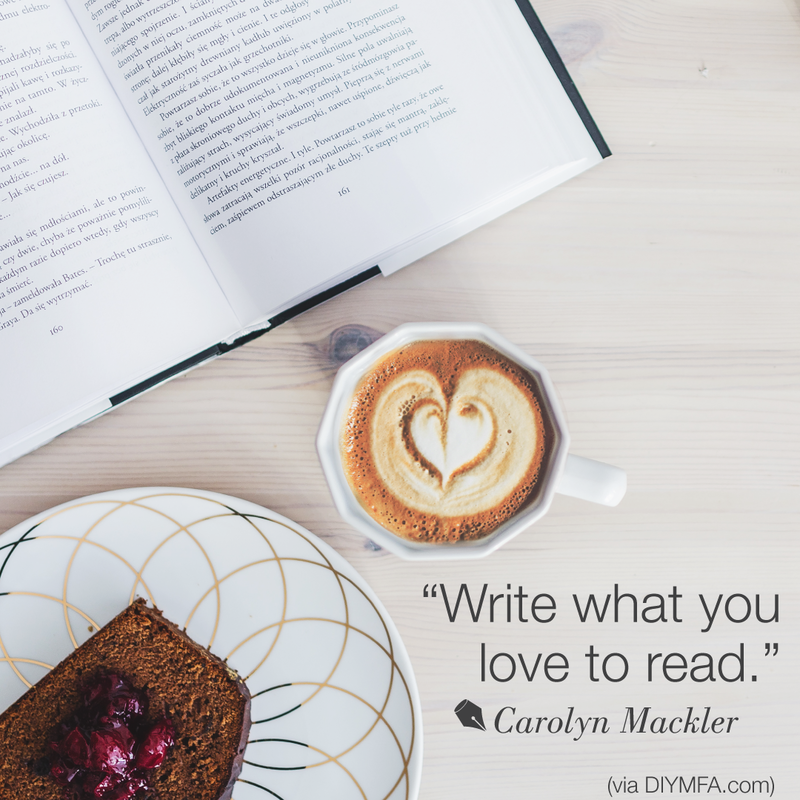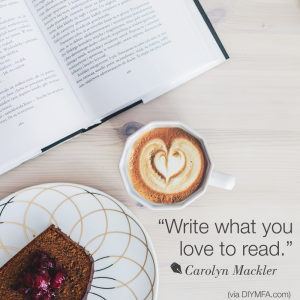

Last week we talked about playing to our writing strengths. Knowing your storytelling super power can help you identify the types of stories you like to write as as well, and give you an area of expertise to focus on.
But as Superman has been teaching us since 1938, any super power comes with its kryptonite. It’s a balance of power. Superhuman strength comes with superhuman weakness, otherwise we’d all be monsters.
What is your writing weakness?
So what’s your writing weakness? If you don’t already know what it is how do you find it? It’s hard to look at yourself under the harsh light of honesty and name something you’re not good at. If you’re anything like me, you’re probably really good at pretending that your weaknesses don’t exist. But that doesn’t make them go away.
Take a moment to consider your weaknesses, without being self-deprecating and naming a “weakness” that’s actually a strength (you know you do that, too… it’s practically a hallmark of being a writer). More than likely, your writer’s kryptonite is closely linked to your writing super power. Think about it. Superman’s weakness (kryptonite) came in the form of crystals from his home planet of … Krypton!
If I’m honest, my main writer’s kryptonite at the present time is finishing what I start. Simple as that. I’m sure there are craft-related weaknesses in my prose, dialogue, and story-building that I could work on (I mean, nobody’s perfect, right?). But I can’t get feedback on things like that if I don’t actually complete a project and turn it over so that others can read it in the first place.
Turn those writing weaknesses around
Best thing about knowing what your writing weaknesses are is that you can figure out how to combat those weaknesses. Superman, knowing that kryptonite leaves him vulnerable and weak, chooses to avoid it. There’s not much he can do to change his weakness. But you! Your writing weaknesses are totally beatable. How? Take a class, get some feedback, practice practice practice!
It’s also important to remember that your writer’s kryptonite will change. As you begin to identify and combat your writing weaknesses, new ones will crop up and need your attention. The awesome thing is that you’ll be strengthening your craft with each weakness you take on and overcome!
So let’s empty our pockets-full of kryptonite and get on with the business of becoming stronger writers telling the best stories we can.

 I’ve been a reader since very young. At 3 years old, I memorized Peter Rabbit… literally knew which words went with which pages, even though I wasn’t associating words with meanings quite yet. I knew that story so well, backwards and forwards, what happened when… we have a recording of my 3-year-old voice “reading” the story to my aunt, and when I get to the end of it, I just start the whole story over again…
I’ve been a reader since very young. At 3 years old, I memorized Peter Rabbit… literally knew which words went with which pages, even though I wasn’t associating words with meanings quite yet. I knew that story so well, backwards and forwards, what happened when… we have a recording of my 3-year-old voice “reading” the story to my aunt, and when I get to the end of it, I just start the whole story over again…




